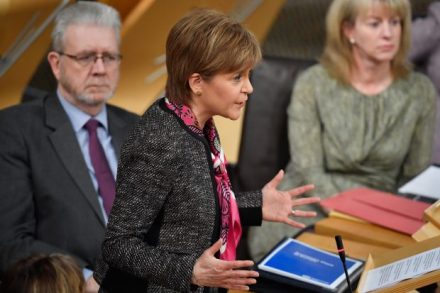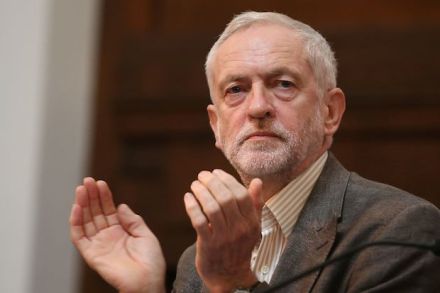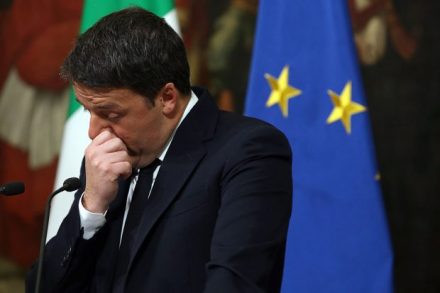Why Leave voters are my heroes of 2016
It’s rare that an opinion poll brings a tear to my eye. But this week one did. It was the CNN/ComRes poll published on Monday. It found that 47 per cent of British adults would vote Leave if the EU referendum was held today, and 45 per cent would vote Remain (eight per cent said they didn’t know how they’d vote). This means, as the CNN headline put it, that ‘Six months on, Brits stand by EU referendum decision’. Leavers haven’t budged. Regrexit is a myth. Even after months of being branded as idiots, libelled as racists, and charged with bringing about a hike in hate crime and possibly the





















